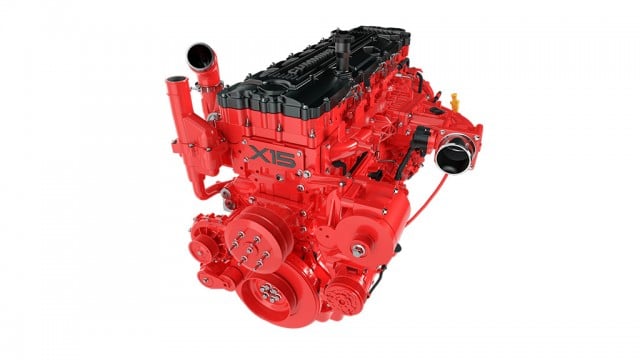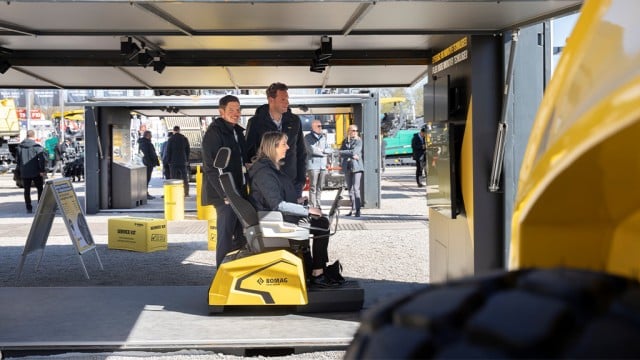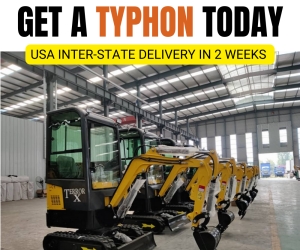JCB's Hydrogen Combustion Engine Approved for Sale in Europe
The company says it is the first construction equipment manufacturer to develop a fully working combustion engine fueled by hydrogen...

JCB has announced that its hydrogen combustion engine has been approved for commercial sale and use in machines in Europe, following a landmark ruling from 11 licensing authorities across the continent. Additional countries are expected to follow suit with certification throughout the year.
The engine, which was introduced in January 2023, was designed by a team of 150 engineers as part of a $103 million project. JCB says it is the first construction equipment manufacturer to develop a fully working combustion engine fueled by hydrogen.
JCB confirmed that the Netherlands’ Vehicle Authority RDW was the first licensing authority to issue official certification, giving permission for the engine to be sold in the country. Other licensing bodies include Great Britain, Northern Ireland, Germany, France, Spain, Belgium, Poland, Finland, Switzerland and Lichtenstein.
“This is a very significant moment for JCB. To start the New Year with certification in place in so many European countries bodes very well for the future of hydrogen combustion technology,” said JCB Chairman Lord Bamford. “JCB has proved in recent years that it is a proper zero emissions solution for construction and agricultural equipment. This formal type of approval/certification paves the way for the sale and use of hydrogen engines right across the UK and Europe. I couldn’t have hoped for a better start to the year. Most of all, I am delighted for our team of British engineers who have worked tirelessly to reach this stage.”
In 2015, JCB bought a controlling stake in ITM Power, a manufacturer of hydrogen energy systems and hydrogen fuel cells.
Over the past several, JCB has debuted several hydrogen-powered machine prototypes, including a backhoe loader, a Loadall telescopic handler and a 220X excavator, as well as a mobile refueler for the hydrogen-powered machines. The company says it has already produced more than 130 evaluation engines for the machines, which are in an advanced stage of testing on customers’ sites.

 machineryasia
machineryasia 









